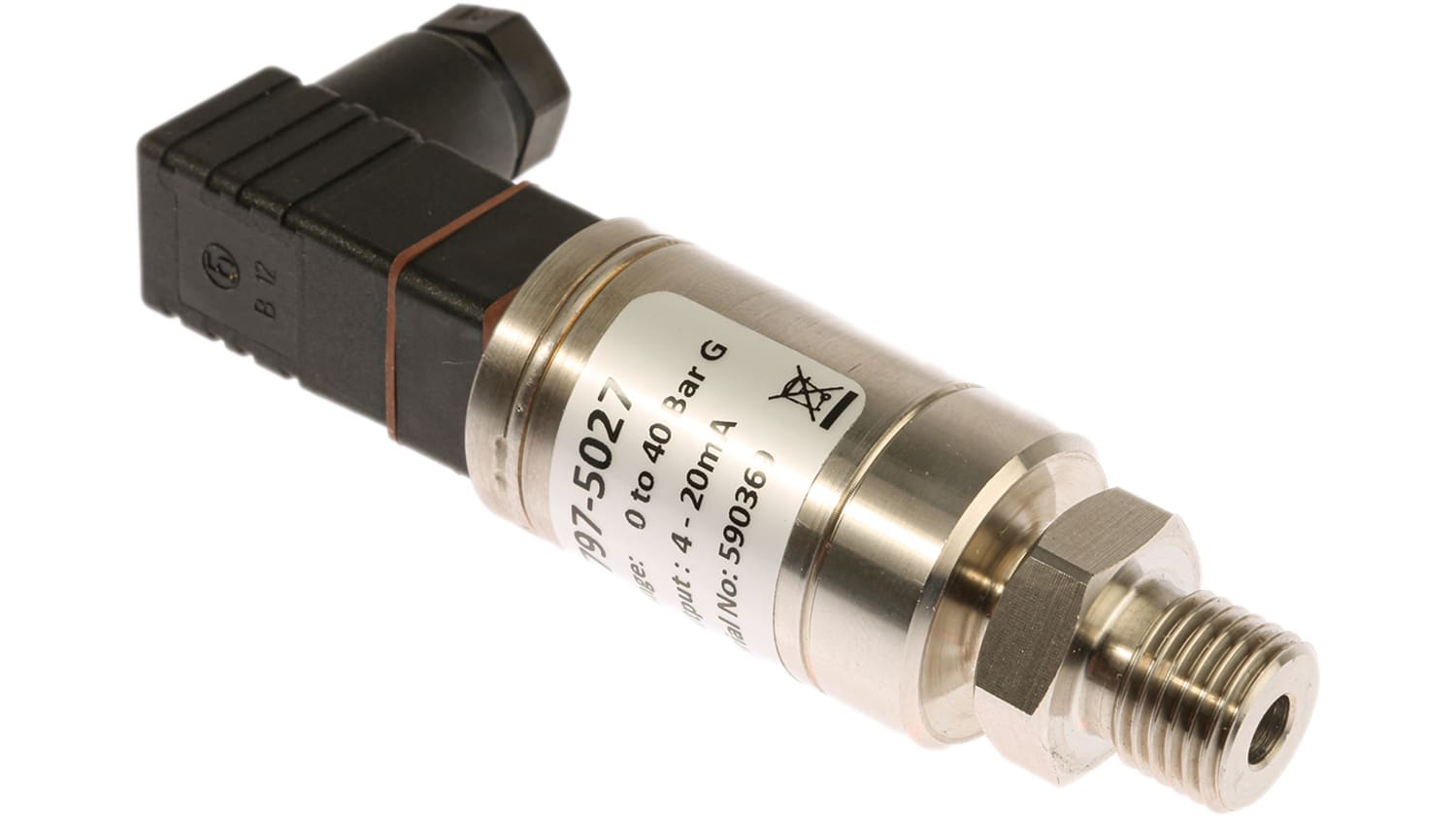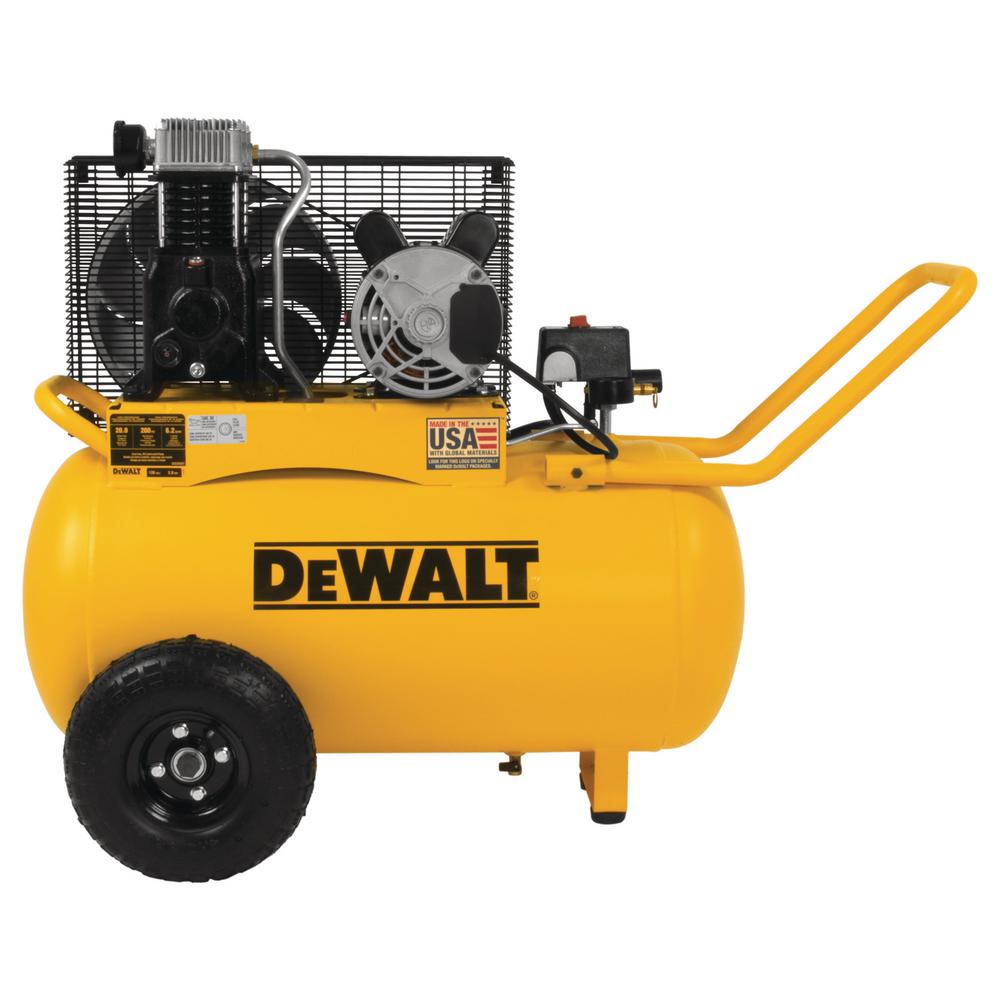How to Ensure Longterm Stability of Air Compressor Pressure Sensor
Air Compressor Pressure Sensor: 4 Factors to Guarantee its Long-Term Stability.
Compressed air has some critical utilizations. But it needs to be under a certain pressure to be useful in all these applications. An air compressor pressure sensor ensures that the compressor is pressurizing the air at the right pressure.
Owing to its important contributions in making compressed air usage safe and effective, an air compressor pressure sensor needs to be highly accurate in its measurements. But certain factors can cause a pressure sensor to gradually lose their accuracy.
You May Also Read: Heating and Air Conditioner Pressure Transmitter Basics
An inaccurate air compressor pressure sensor can lead to grave consequences. Therefore, it is important to implement the steps that ensure that the pressure sensor maintains its accuracy in the long run.
In this article, we discuss the factors that derogate a sensor’s long-term stability. And how to maintain the stability of a sensor in the long run.

What is an Air Compressor Pressure Sensor?
Air pressure sensors work to convert mechanical stresses, such as pressure, into electrical signals. An air compressor pressure sensor measures the pressure of air entering or exiting a compressor.
All pressure sensors consist of a diaphragm which contains some sort of strain gauge. In air pressure sensors, when the air passes through the air-line of the sensor, it pressurizes this diaphragm. When the diaphragm bears pressure, it triggers the strain gauge which in-turn generates electrical signals.
A sensor can generate three types of output electrical signals. These are: millivolt signals, Volt signals, and Milliampere or current signals.
The type of output signals that a sensor generates defines whether it is a transmitter or a transducer. A transducer is a sensor that generates voltage signals while a transmitter is a sensor that generates current signals.
The electrical signals that an air pressure sensor generates pass through a meticulous process of conditioning, amplification, and digitization. Only then they reach the controller.
The controller reads the signals coming from the sensor. If the pressure exceeds the setpoint, the controller shuts the air compressor off and prevents it from over-pressurizing the air.
What Does Air Compressor Pressure Sensor Stability Mean?
An air compressor pressure sensor’s long-term stability can be a measure of how much its zero-pressure signal and maximum span change over time.
In simpler words, the long-term stability of an air compressor pressure sensor defines how well the sensor can maintain its accuracy in the long run.
A sensor's accuracy is defined by many factors. But three major measurements speak for a sensor’s accuracy. These three factors are the sensor’s linearity, hysteresis, and repeatability.
All pressure sensors are bound to lose a percentage of their accuracy over time. There can be a lot of factors that can enhance the rate of drift in the sensors reading. And steps that you can take to maintain the sensor's stability (or accuracy) for longer.
The long-term stability of a pressure sensor defines how well the device can keep these accuracy parameters as close to their design values after a certain period of service.
How Can You Ensure Long-term Stability of Air Compressor Pressure Sensor?
No matter how good your pressure sensor is, it will lose its accuracy over time. However, certain manufacturing practices, system variables, and usage practices can trigger the decaying of sensor accuracy and make it lose its stability more rapidly.
But there are measures that plant operators and design engineers can take to maintain the stability of the pressure sensor in the long run. We discuss some of the best practices that can ensure a sensor’s long-term stability.
Minimize System Overpressure
For the efficient performance of your air compressor pressure sensor, you must get a sensor that is designed to operate at your system pressure. Furthermore, it is also critical to control and mitigate overpressure from the system.
Overpressure is the pressure that is above the measurement range of the sensor. Normally, pressure sensors can tolerate certain percentages of overpressure. However, when exceeding system pressure is left untreated for long, it may have detrimental effects on your sensor’s diaphragm.
Prolonged system overpressure can lead to fatigue in the diaphragm. It can especially be more common in the case of an air compressor pressure sensor. Because it is made to be subjected to pressurized air.
Once deformed, the diaphragm will lose its sensitivity which will manifest as inaccurate sensor readings and reduced sensor stability.
So, to ensure the stability of your sensor in the long run, it is of key importance that you keep your sensor away from overpressure. One of the ways to do this is by installing a pressure relief valve.
Pressure Shocks
Pressure spikes are common in fluid pressure sensors. They occur when users open a valve allowing or stopping the flow of air suddenly. Most users report pressure sensor failure. On an investigation, they find out that it had occurred due to pressure much higher than the system’s normal operating pressure.
The system pressure during a pressure spike or a pressure shock wave may be many times higher than the pressure range of your pressure sensor. Therefore, frequent pressure shocks are bound to reduce the pressure sensor’s accuracy over time.
Thus, to make sure that your pressure sensor keeps measuring and relaying accurate pressure information, you must take steps to minimize pressure spikes in your system.
Temperature Variations
Every pressure sensor has a specific temperature range just like a set operating pressure range. If your system operates the air compressor pressure sensor above its temperature tolerance range, it may lose its stability after a certain period.
Air compressor pressure sensors have a temperature coefficient that affects their accuracy. This means that the pressure sensor risks losing its accuracy in case it is subjected to ambient temperatures that are higher than its designed temperature range.
There are two things that users can do in this case. They can either ensure that the temperature at the inlet or outlet of the compressor does not exceed the sensor’s design temperature range. If this isn’t possible, then it is best to get a pressure sensor with temperature compensation.
In this way, users can extend the long-term stability of their pressure sensor.
Exposure to Contaminated Air
Air is polluted. We all know that because we are breathing it every day. But bad air quality is not only detrimental to human health, but it is also harmful to air pressure sensors.
Air pressure sensors utilize delicate parts in their structure, like a piezoresistive sensing element. Thus, if you are using the pressure sensor to monitor the pressure of contaminated air, its delicate elements may come in frequent contact with particles like dust, debris, and maybe even acids and toxins.
This exposure to corrosive substance and debris may have detrimental effects on the performance of the pressure sensor. They may result in the sensor losing its stability more rapidly than it would otherwise.
An effective way to protect your air compressor pressure sensor from dust and debris induced damage is to install an air filter at the air inlet.
By ensuring that you use your air pressure sensor for monitoring the pressure of clean air only, you can effectively guarantee its long-term stability.
You May Also Read: Introduction To Water Tank Pressure Sensor
Conclusion
Air compressor pressure sensor will lose its stability over-time. No matter how expensive it is and how high-grade material it utilizes, it will show discrepancies in measurement after a certain period.
The best way to remove such discrepancies is to regularly recalibrate the pressure sensor. Tune it to mitigate any non-linearity or hysteresis that may be affecting its long-term stability.
If you want to prolong the interval between recalibration, there are certain factors that you can eliminate from your systems that may corroborate the long-term stability of your pressure sensor.
These factors include eliminating overpressure, pressure spikes, and extreme temperature variations. By minimizing these and other such factors in your air compression system, you may be able to effectively decrease the rate of decay of your sensor’s stability.

















